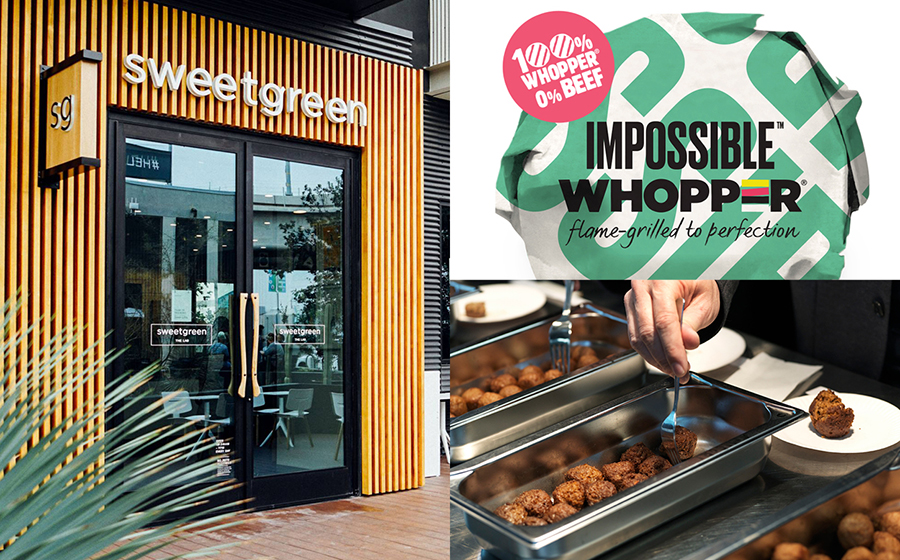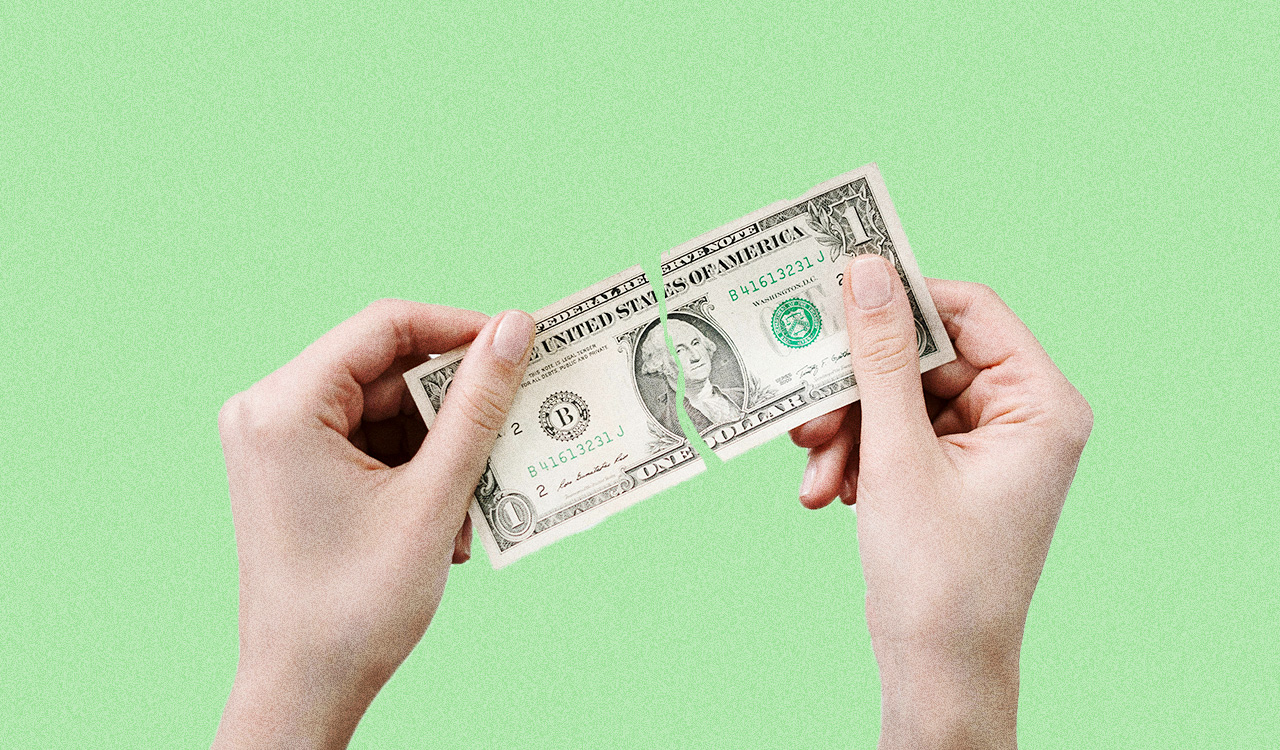I was interviewed the other day by a reporter for the Commercial Observer, asking me about the \”fast food\” salad chain, Sweetgreen. Described by Wikipedia: \”Sweetgreen is an American fast casual restaurant chain that serves salads. It was founded in August 2007 by Nicolas Jammet, Nathaniel Ru, and Jonathan Neman, three months after they graduated from Georgetown University\’s undergraduate business school.\”
Their website describes their business as: \”Simple, seasonal, healthy salads and grain bowls made in-house from scratch, using whole produce delivered that morning.\”
In terms of ingredients, \”We source the best ingredients by cultivating real relationships with growers in the region. From the seed to the store, we\’re involved in every step of the supply chain, working with farmers we know and partners we trust. We meet farmers before we meet landlords, and we\’ve built a steady roster of year-round suppliers, and then our seasonal menu gives us the opportunity to work with smaller farms who grow unique, local ingredients, like Jim Ward\’s Hubbard squash in Boston. On any given day, our locations serve product from upwards of 200 sources.\”
Their current valuation: $1 billion.
Theirs is a deeply personal approach on all sides of the counter: Salad growers, salad purveyors, salad eaters. And oh yes, we\’re talking deeply personal at all 75 stores. That\’s right, 75 primarily coastal, e.g. Washington, D.C., Philly, Manhattan, Boston and then onward to Hollywood.
The reporter rightly asked me if I thought this was a facet of an overheated market or a genuine shifting worldview. I said, \”On a 40-year horizon, I\’d rather be Sweetgreen than McDonald\’s. As our culture toggles between indulgence and restraint, so our appetites bifurcate into nutritional schizophrenia, as well. But the arc of our menus is bending towards modestly healthier daily choices. We slouch now towards a world in which we can eat our cake and have it too, as in the old lite beer promise of \’tastes great, less filling.\’\”
And as if on a pre-arranged schedule comes the news of The Impossible Burger\’s launch through Burger King test markets in St. Louis and Dayton. We\’re not talking about a veggie burger anymore. We\’re talking about something that looks, tastes and, yes, bleeds like a burger, but is made from rice, black beans and beets. Impossible. But there it is. And then, it sold out.
Ikea has a broad sustainability platform including a new meatless meatball in development, designed to mimic meat so closely you will mistake it the real thing. \”What we would like to do is to create an alternative for the typical meat eater that still has a craving for meat,\” says Michael La Cour, managing director at Ikea Food Services. \”We have a responsibility to offer alternatives that are more sustainable long-term alternatives to meat,\” he says. \”I think that\’s quite clear with a company that has signed up to the Paris accord. You have to focus on developing alternatives to meat just from the pure fact that if you take the meat industry as a whole, it\’s [one of the largest sources] of greenhouse gas emissions.\”
Build it and they will come. When vegetables masquerading as bloody meat are table stakes for major chains, you know there\’s a seismic shift taking place.
What Does This Mean for Americans and Our Thrice-a-Year Diet Ritual?
Big Diet food is going to have to recalibrate. Historically, Americans go on a diet in January (that rustle we hear is the turning over new leaves post-New Year\’s Eve resolutions); May, when the Dread Specter of the Beach appears, and September, when a strange vestige of back-to-school excitement sends us to gym and protein shake penitence. We\’ve been following this migratory path for more than 50 years, yet we now have an overweight and obesity rate that is 75 percent for men and 60 percent for women. Clearly, the diet-binge, rinse-repeat cycle is not working for us. Perhaps healthy eating might work better?
If healthier options are tasty, available and affordable, wouldn\’t we prefer the indulgence of real food vs. the restraint of enforced regimens? Won\’t the continuous talk of \”lifestyle\” vs. \”diet\” approaches underscore the wisdom of just learning how to eat better? Imagine a $70 billion diet and exercise (gym membership and assorted wardrobe paraphernalia) market that shudders and shifts as consumers simply turn to plant-based alternatives that exact no penalty in terms of taste, convenience or cost.
This type of upheaval roils through so many markets at a slow-motion pace, seemingly under-the-radar until we look up one day and notice that scores of business models have undergone a sea change. Part of the promise of The Impossible Burger and Ikea\’s meatball is its breathtaking lack of reliance on Big Agribusiness, with its huge animal farming, butchering and waste disposal mechanisms. You didn\’t have to have re-read Upton Sinclair\’s The Jungle to imagine the scale and scope of this meat harvesting process with, well, distaste and an increased appetite for viable alternatives.
Here\’s how The Impossible Food company explains itself: \”Using animals to make meat is a prehistoric and destructive technology. Animal agriculture occupies almost half the land on earth, consumes a quarter of our freshwater and destroys our ecosystems. So, we\’re doing something about it: we\’re making meat using plants, so that we never have to use animals again. That way, we can eat all the meat we want, for as long as we want. And save the best planet in the known universe.\” Guess who is behind Impossible Foods and its $750 million valuation? Oh, just Bill Gates, Serena Williams, Katy Perry and scores of others looking for a way to address what its founder calls the \”catastrophic use of animals in our food system.\”
Michael La Cour at Ikea says, \”We have a responsibility to offer alternatives that are more sustainable long-term alternatives to meat,\” he says. \”I think that\’s quite clear with a company that has signed up to the Paris accord. You have to focus on developing alternatives to meat just from the pure fact that if you take the meat industry as a whole, it\’s [one of the largest sources] of greenhouse gas emissions.\”
Check out the similar verbiage supporting Sweetgreen. There\’s a tonal shift here of passion, purpose and pride vs. the shame and despair that comes with the well-known, anticipated and baked-in-to-the-profit-model recidivism of Big Weight Loss.
Sweetgreen, Ikea and The Impossible Burger are simply three among many fresh-faced and hopeful firms. Companies which believe values have value and consumers are ready to turn and discover brands with an ethical point-of-view. Mass produced commercial processed foods are being outmoded by well-messaged, thoughtful discoveries.
- Look at Soñar chips. A husband and wife decided to make authentic tasting Grain Free Organic Tortilla Chips and include a handwritten note in every shipment you order.
- Look at Mary\’s Gone Crackers, gluten-free, delicious, growing and now 78 percent owned by Kameda USA.
- Take a walk through the Fancy Food show or dawdle over an email blast from Goldbelly with its curation of great, albeit tiny regional food brands. These are brands that we can love and feel good about loving.
There\’s a celebration of food going on, one that turns its back on deprivation and denial. One that ensures we\’re getting the nutrition we need at the price and convenience we also crave. This new wave rejects the wild and mindless excess of a Cheesecake Factory menu with its 800-calorie appetizers and 1500-calorie entrees.
We can move away from the mind-numbing, obsessive-compulsive calories-, carb-, fat-gram and/or point counting as an expression of mindfulness towards a sane and joyous daily reality. We can move the marketplace inexorably away from one type of gustatory adventure and towards another. There used to be a brand called (incorrectly at the time) Guiltless Gourmet. Perhaps its promise is now upon us. How long until big food and big diet catch up? Looks like Burger King may have the national-scale head start.




